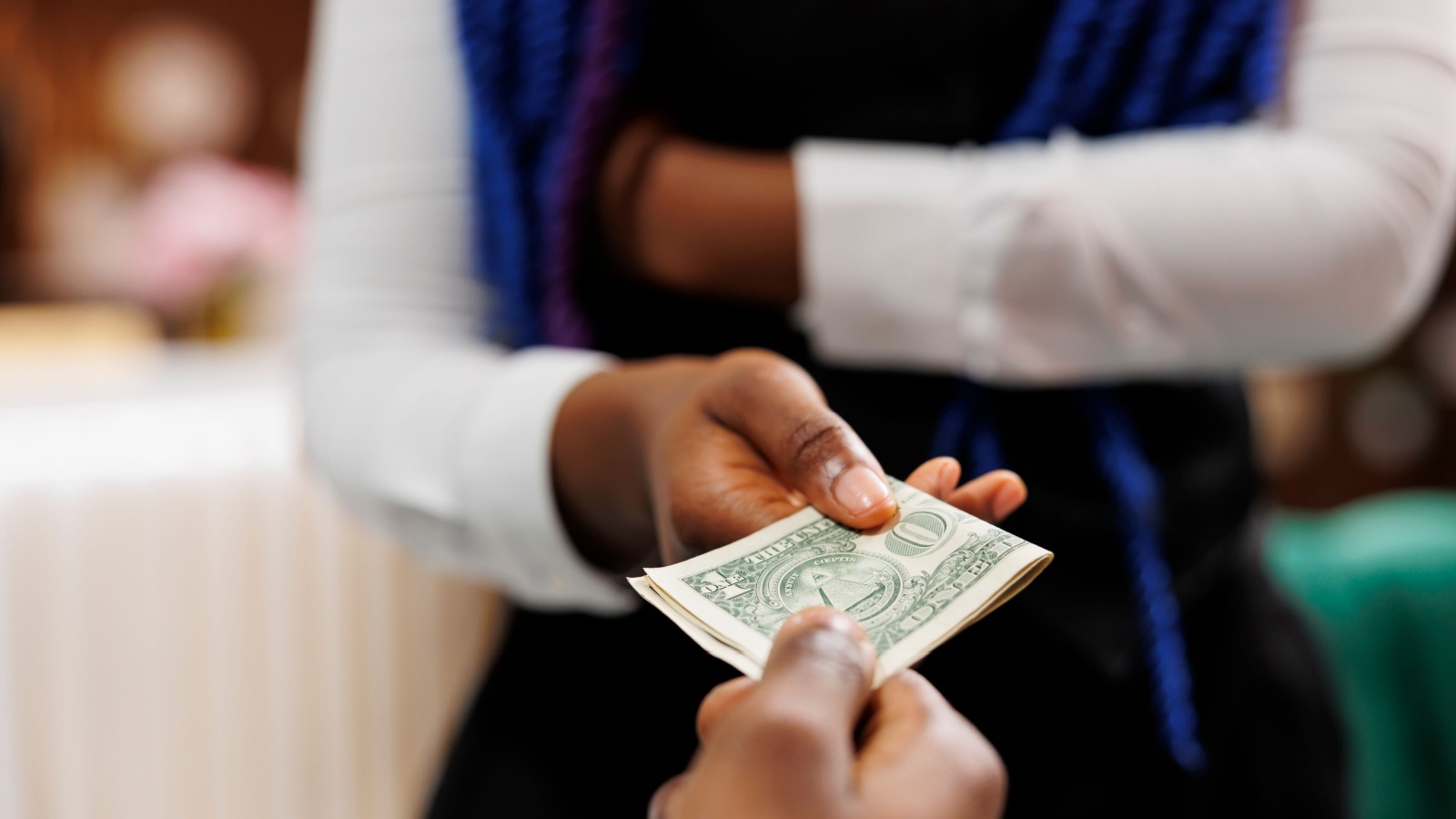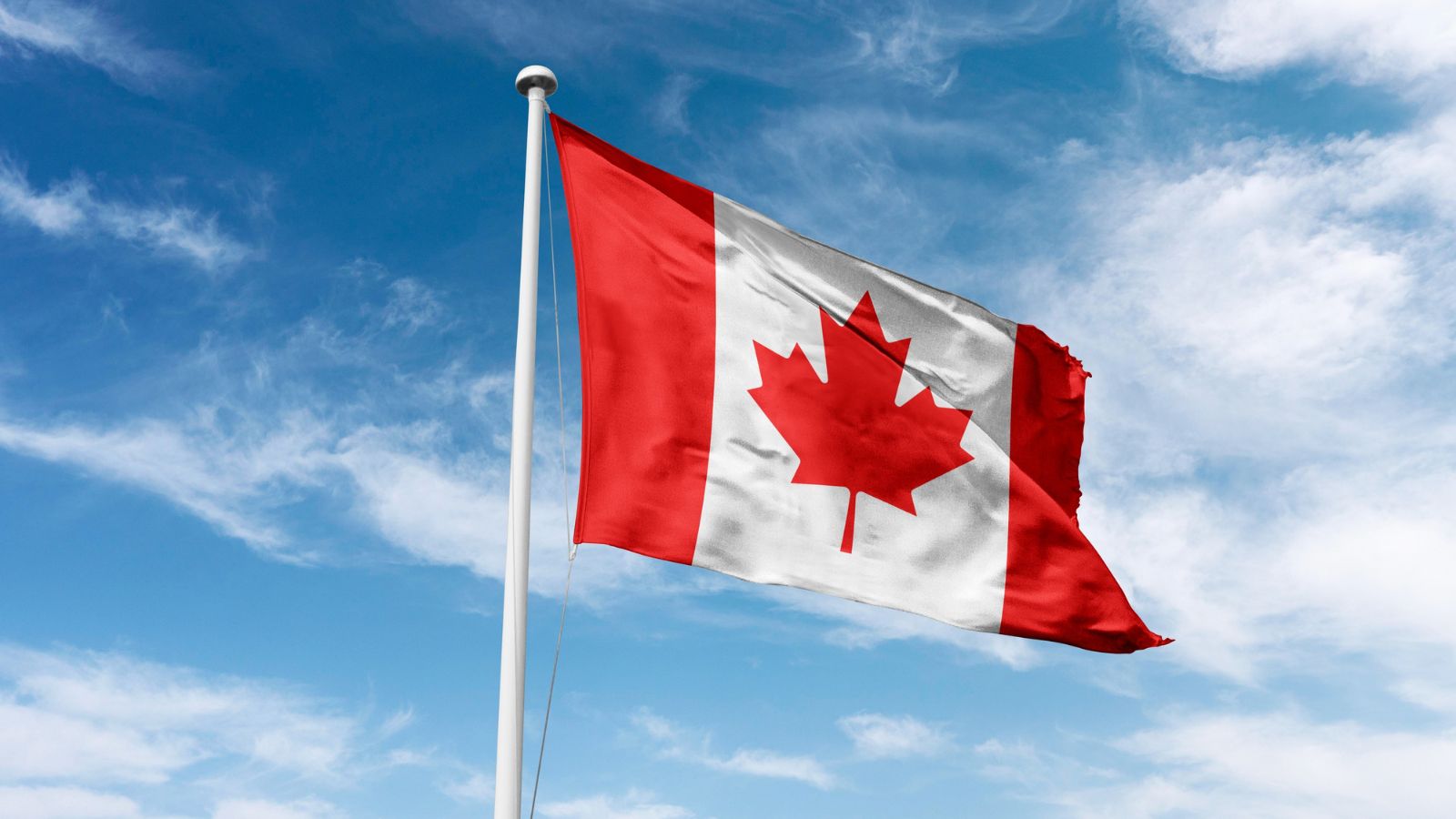Canadians live side by side with Americans and absorb many U.S. norms, but there remain a number of everyday American habits that quietly grate on Canadian sensibilities. Some of these irritations are about manners, speech, social expectations, or public behavior. Here are 18 American habits that Canadians secretly find annoying.
Overly loud conversation in public spaces

Many Canadians value a quieter public ambiance, on transit, in cafes, or in public waiting areas, and thus find American-style loud conversation intrusive. When Americans speak with raised voices on their phones or to companions in a crowded café, Canadians may feel the space is being invaded. The tone often comes across as oblivious to others’ need for modest noise levels. This can be especially jarring when people treat every space as a stage, projecting their voices without regard for nearby strangers. For those used to more understated speech in public, the contrast is stark, and Americans may come across as inconsiderate in their volume.
Excessive self-promotion or bragging

In many parts of American culture, it is common to highlight one’s achievements, openly boast, or aggressively market personal success. Canadians, by contrast, often prefer humility and modesty. When Americans talk repeatedly about how well they did, how much they earned, or how successful their projects are, Canadians may perceive it as boastful or lacking subtlety. The habit of turning casual conversation into a résumé pitch or self-advertisement feels awkward or annoying to those who prefer a more balanced or reciprocal style. It creates a climate where conversational humility seems more socially comfortable.
Always insisting on tipping extra or overdoing gratuities

Tipping is expected in the U.S. in many service contexts, often 15–20%, but Americans sometimes go beyond what Canadians consider reasonable. Some will hand out tips in awkward situations, cafés, take-out counters, or drive-thrus, where tipping feels optional. The assumption that generosity must be leveraged everywhere can seem preachy or performative. Canadians may feel pressured or uncomfortable when Americans push tipping in contexts where culture or regulation doesn’t require it. The contrast between American tip culture and more restrained Canadian norms can create tension or annoyance in cross-border dining.
Overuse of small talk and forced friendliness

Americans often use small talk as a social lubricant, striking up conversation with strangers, making personal comments to cashiers or strangers, or greeting with exuberance. Canadians, while polite, may view such behavior as superficial or insincere. When an American chats up a barista about life or demands to tell personal anecdotes to strangers, the Canadian listener may feel awkward or exhausted. The relentlessness of pleasant banter, especially with people you don’t know, can be seen as over the top. Canadian reserve makes this kind of social energy feel forced rather than warm.
Using “younger-sibling” directives (“you guys,” “you all”) carelessly

Americans often use collective pronouns like “you guys,” “y’all,” or “you all” even in formal settings, and direct others in a very casual manner (“you should do this,” “you need to try that”). Canadians may find this diction overly informal or presumptuous, especially when commands or suggestions are framed casually. The lack of hedging (“perhaps,” “if you want”) or deference can feel brusque. In a culture that values politeness and diplomacy in speech, overly casual directives may seem disrespectful, even insulting, when used with less familiar or older acquaintances.
Constant use of acronyms and business jargon in everyday talk
In offices or among professionals, Americans frequently drop acronyms (ROI, KPI, ASAP, etc.) and business jargon into conversation, even in non-work contexts. Canadians may find this habit overused, opaque, or showy. When daily chat includes phrases like “circle back,” “deep dive,” or “touch base,” it can feel like the speaker is wearing their work persona in all settings. That level of jargon permanence gives an impression of insincerity or mechanical conversation. Canadians often prefer plain language in casual settings, seeing jargon as distancing or pretentious.
Expecting overt praise and affirmation in group or social settings

American culture often encourages verbal affirmation, “great job,” “you’re awesome”, and frequent praise in group or social settings. Some Canadians feel this constant affirmation can be excessive or even patronizing. When every small accomplishment or mundane task prompts enthusiastic applause or “you rock” comments, Canadians may sense performance pressure or insincerity. The expectation that one must publicly praise or be praised for every minor success clashes with more restrained norms, creating discomfort or a sense of being judged on how well one responds to praise.
Interrupting or speaking over others in conversation

Conversational interruption or strong competition in overlapping speech is more accepted in many American settings, especially when people are passionate or enthusiastic. Canadians, who often emphasize turn-taking, politeness, and listening, may find this rude or dominating. When Americans interrupt to counter or jump in, the atmosphere can feel combative. For someone used to quieter interaction, being spoken over repeatedly is annoying or discouraging. The more abrupt conversational style may feel less respectful of others’ voices or time to speak.
Asking overly personal or direct questions early

Some Americans have a habit of asking personal questions, about salary, relationship status, politics, and health, relatively early in an acquaintance. Canadians often consider this too direct or intrusive. When a casual conversational context becomes a deep-diving Q&A, Canadians may feel a breach of privacy. The assumption that it’s acceptable to probe personal matters without a long rapport can put Canadians on guard. Directness is not always appreciated; many prefer a gradual buildup of trust before touching on intimate topics.
Over-celebration of holidays and public displays

Americans often treat holidays like the Fourth of July, Halloween, or Christmas with intense public fanfare, decorations, grand displays, street parades, or themed consumerism. While Canadians also celebrate, the scale or intensity sometimes feels excessive. The magnitude of decorations, relentless commercials, and public spectacle can seem over the top to those used to more subtle or community-scale observances. The constant holiday marketing or theming may feel like pressure to conform or overspend for social approval. Canadians may quietly resent the spectacle over simplicity.
Assuming faster service everywhere

In the U.S., fast, immediate service is often expected in restaurants, shops, or online. Americans may become irritated if there’s even a small delay. Canadians, used to more moderate pacing and realistic expectations, may find this impatience rude or entitled. The American urgency, checking on sthe erver’s progress, snapping fingers, calling staff in every two minutes, feels pushy or ungrateful. It implicitly treats workers as things to be serviced rather than people. When Americans expect speed by default, Canadians often wince at the entitlement.
Frequent public displays of patriotism

Many Americans display flags, national symbols, or express national pride overtly, on clothing, cars, or in daily conversation. While patriotism is common, Canadians sometimes find this level of public nationalism jarring. Canada’s identity often rests in subtle civic pride rather than bold, constant flags and slogans. When Americans overtly debate national greatness or frequently frame casual conversation in terms of “America’s values,” Canadians may feel overshadowed or weary of being compared. The constant national framing can feel aggressive or presumptuous in global settings.
Using direct business tactics in friendly settings

American culture sometimes merges business practices and social interactions, networking lingo, elevator pitches, “leveraging” relationships, or “closing deals” casually even in friendships. Canadians often prefer to keep work and personal life more distinct. When social time becomes a disguised business pitch or when personal interactions are dissected for opportunity, it can feel transactional and off-putting. The habit of constantly seeking advantage or blending casual contact with professional gain undermines trust and spontaneity. It can feel as though friendship is a deal to be negotiated.
Assuming everyone celebrates or knows U.S. customs

Americans often refer to holidays, cultural references, television shows, or sports events as if they are ubiquitous. Statements like “did you see the Super Bowl?” or “last Fourth of July” may assume Canadians have the same frame of reference. This expectation alienates those who don’t follow American media or traditions. Canadians may weary of being asked about U.S.-centric events, as though their own national context doesn’t matter. The assumption of shared cultural currency can feel dismissive. It subtly enforces American norms as universal, which can rub Canadians the wrong way.
Frequent use of social media to overshare daily minutiae

While social media use is widespread everywhere, Americans often chronicle every small moment, meals, workouts, errands, thoughts, and complaints in real time. Canadians sometimes find this oversharing exhausting or attention-seeking. When someone posts constant updates or commentary on trivial matters, it can feel like a performance metric. Canadians may prefer more curated or purposeful content. The sense that life must be publicly documented adds pressure and contributes to digital noise. The oversaturation of personal details devalues meaningful sharing.
Emphasis on being first or a winner in casual situations

Americans often frame competition or winning as central, even in everyday contexts: being first in line, fastest responder, best in friendly games or quizzes. Canadians, who sometimes value cooperation more than winning, may find this constant drive for dominance exhausting. When someone insists on being first at the door, first to speak, or claiming “I won” in friendly banter, the tone can feel aggressive. The perpetual competition mindset overshadows enjoyment or social balance. Canadians may feel overshadowed by the hidden scoreboard in casual interactions.
Expecting to “fix” emotional or personal issues with advice immediately

In American culture, it’s common for someone to respond to emotional sharing with advice, solutions, or action steps. Canadians may prefer listening, reflection, or empathy before jumping into problem-solving. When Americans respond instantly with “here’s what you should do” or “I’ll help you fix that,” it can feel dismissive or undermining. Not every expression of frustration or sadness is a request for a solution. The jump to action can minimize emotions or nuance. Canadians often value patience, validating feelings, and letting others find their own path.
Assuming rapid technological adoption and pushing new gadgets

Americans sometimes adopt the newest tech or gadgets quickly and expect others to do so too, constantly recommending apps, smart home devices, or upgrades. Canadians, who may wait or adopt more cautiously, can view this as pushy or tone-deaf. When someone repeatedly says, “you should upgrade your phone,” or “get this app now,” it can feel like subtle judgment. The insistence that everyone keep pace imposes technological pressure. Canadians accustomed to gradual adoption may resist this implicit assumption.
21 Products Canadians Should Stockpile Before Tariffs Hit

If trade tensions escalate between Canada and the U.S., everyday essentials can suddenly disappear or skyrocket in price. Products like pantry basics and tech must-haves that depend on are deeply tied to cross-border supply chains and are likely to face various kinds of disruptions
21 Products Canadians Should Stockpile Before Tariffs Hit

